Discover the incredible diversity of trees that begin with the letter ‘A,‘ from the majestic Acacia to the versatile Ash, each with its unique characteristics, uses, and fascinating stories.
Trees are the gentle giants of the natural world, providing us with oxygen, shade, and countless other benefits. From the towering sequoias to the delicate cherry blossoms, the variety of trees is truly astounding. In this article, we’ll embark on a journey to explore 17 remarkable trees that start with the letter ‘A,’ showcasing the beauty, utility, and cultural significance of these woody wonders.
1. Acacia
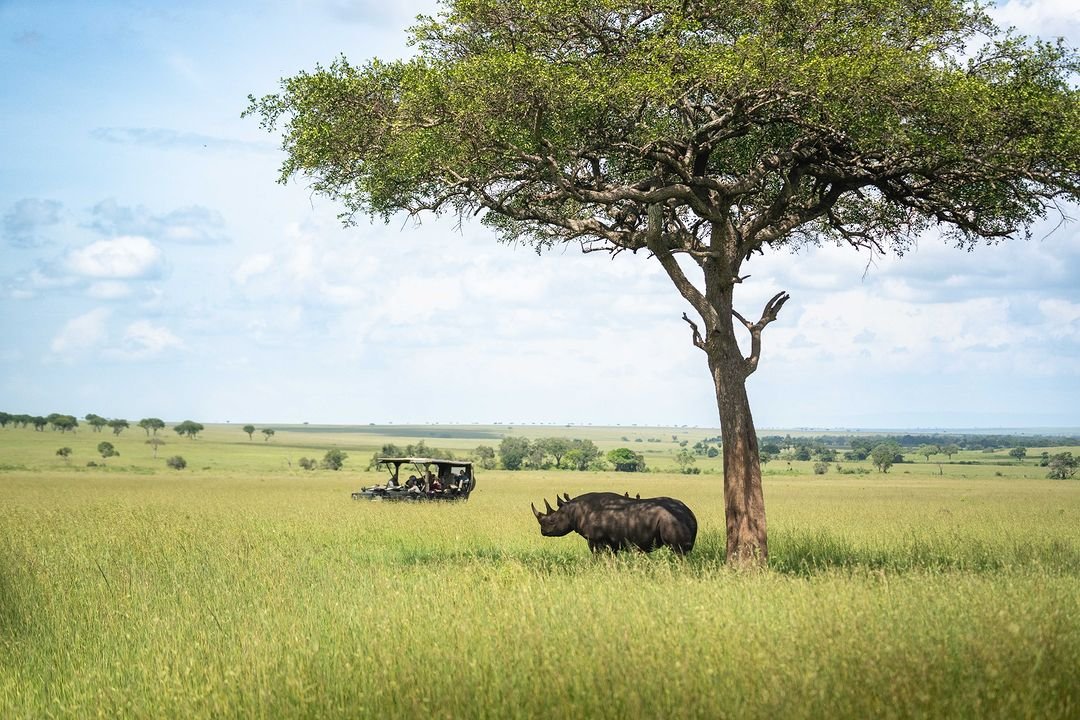
Here’s the information for Acacia:
| Aspect | Information |
|---|---|
| Botanical Name | Acacia (common species include Acacia dealbata, Acacia baileyana) |
| Plant Type | Perennial, Tree, Shrub |
| Zones | 9-11 (varies by species) |
| Exposure | Full Sun |
| Bloom Time | Late Winter to Spring (varies by species) |
| Height/Spread | Typically 20-40 feet tall, spreading 20-40 feet wide (varies by species) |
The Acacia tree, also known as the Wattle, is a striking sight with its vibrant yellow blooms and feathery foliage. Native to Australia and parts of the Pacific, Acacia trees are highly adaptable and can thrive in various climates, from arid deserts to tropical rainforests. Beyond their ornamental value, Acacias have numerous practical uses, including producing high-quality timber, tannins for leather-making, and even edible seeds.
2. Alder
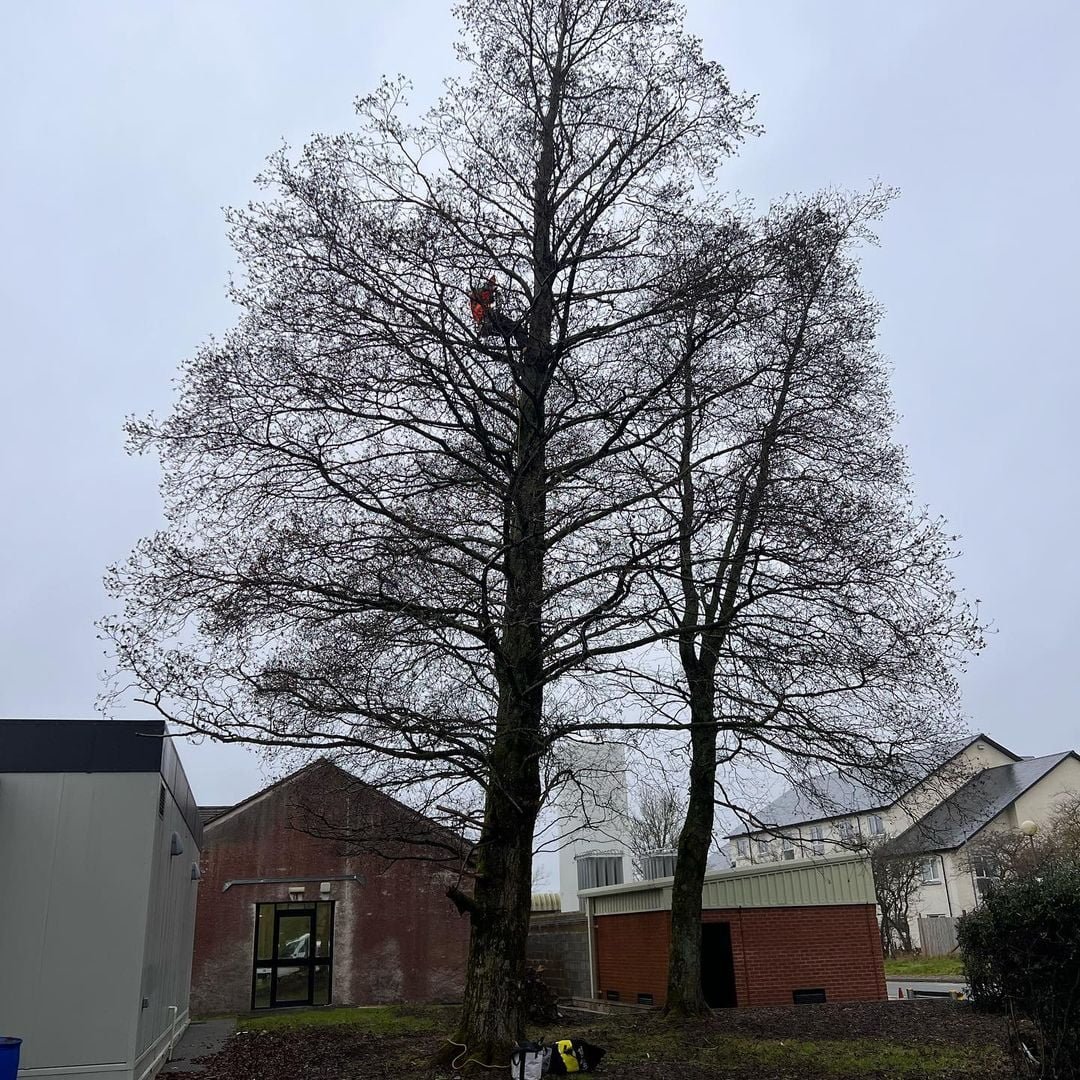
Here’s the information for Alder:
| Aspect | Information |
|---|---|
| Botanical Name | Alnus (common species include Alnus glutinosa, Alnus rubra) |
| Plant Type | Deciduous Tree, Shrub |
| Zones | 3-7 (varies by species) |
| Exposure | Full Sun to Partial Shade |
| Bloom Time | Early Spring |
| Height/Spread | Typically 20-70 feet tall, spreading 20-40 feet wide (varies by species) |
The Alder is a hardy tree that thrives in moist, nutrient-rich soils near streams and wetlands. Its distinctive cone-like fruits and deeply furrowed bark make it easily recognizable. Alder wood is prized for its resistance to decay, making it an excellent choice for outdoor furniture, woodcarvings, and even smoking food due to its unique flavor.
3. Almond
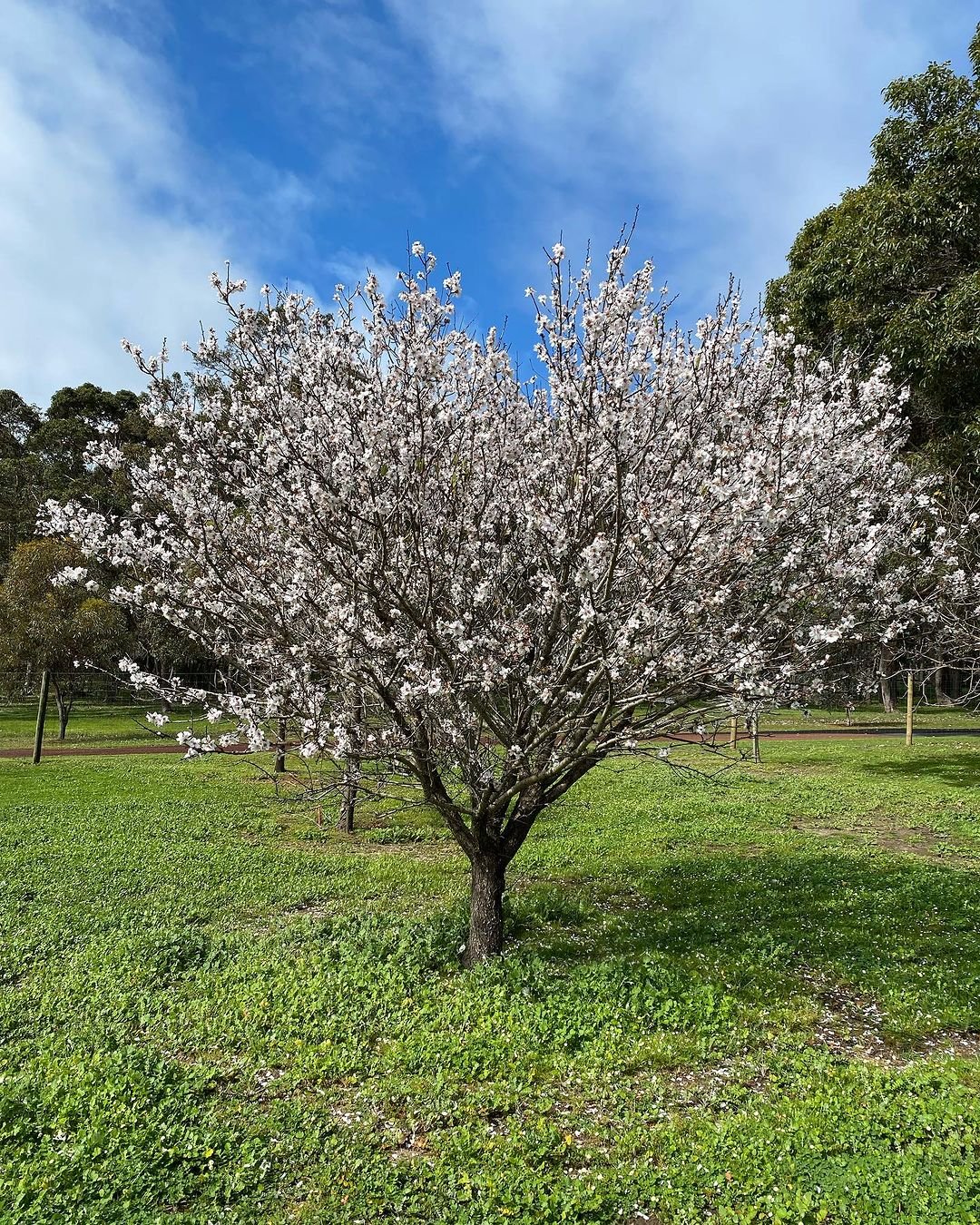
Here’s the information for Almond:
| Aspect | Information |
|---|---|
| Botanical Name | Prunus dulcis (syn. Prunus amygdalus) |
| Plant Type | Deciduous Tree |
| Zones | 7-9 |
| Exposure | Full Sun |
| Bloom Time | Late Winter to Early Spring |
| Height/Spread | Typically 10-20 feet tall, spreading 10-15 feet wide |
The Almond tree is a beloved member of the rose family, best known for its delicious and nutritious nuts. Beyond their culinary uses, Almond trees are highly ornamental, with their beautiful pink or white blossoms heralding the arrival of spring. These trees are widely cultivated in regions with warm, dry climates, such as California and the Mediterranean.
4. Apple

Here’s the information for Apple:
| Aspect | Information |
|---|---|
| Botanical Name | Malus domestica |
| Plant Type | Deciduous Tree |
| Zones | 4-8 |
| Exposure | Full Sun |
| Bloom Time | Spring |
| Height/Spread | Typically 10-30 feet tall, spreading 10-30 feet wide (varies by rootstock and variety) |
The Apple tree is a quintessential symbol of fruit-bearing trees, beloved for its crisp, juicy apples and fragrant blossoms. From the tart Granny Smith to the sweet Red Delicious, the vast array of apple varieties caters to every taste preference. Apple trees have played a significant role in human history, featuring in myths, literature, and even inspiring the iconic logo of a tech giant.
5. Ash

Here’s the information for Ash:
| Aspect | Information |
|---|---|
| Botanical Name | Fraxinus (common species include Fraxinus americana, Fraxinus excelsior) |
| Plant Type | Deciduous Tree |
| Zones | 3-9 (varies by species) |
| Exposure | Full Sun to Partial Shade |
| Bloom Time | Spring |
| Height/Spread | Typically 50-80 feet tall, spreading 40-50 feet wide |
The Ash tree is a versatile and hardy species, known for its strength, flexibility, and resilience. Its wood is highly prized for making various products, including furniture, tool handles, and even baseball bats. With its distinctive compound leaves and attractive bark patterns, the Ash tree adds both beauty and functionality to any landscape.
6. Aspen
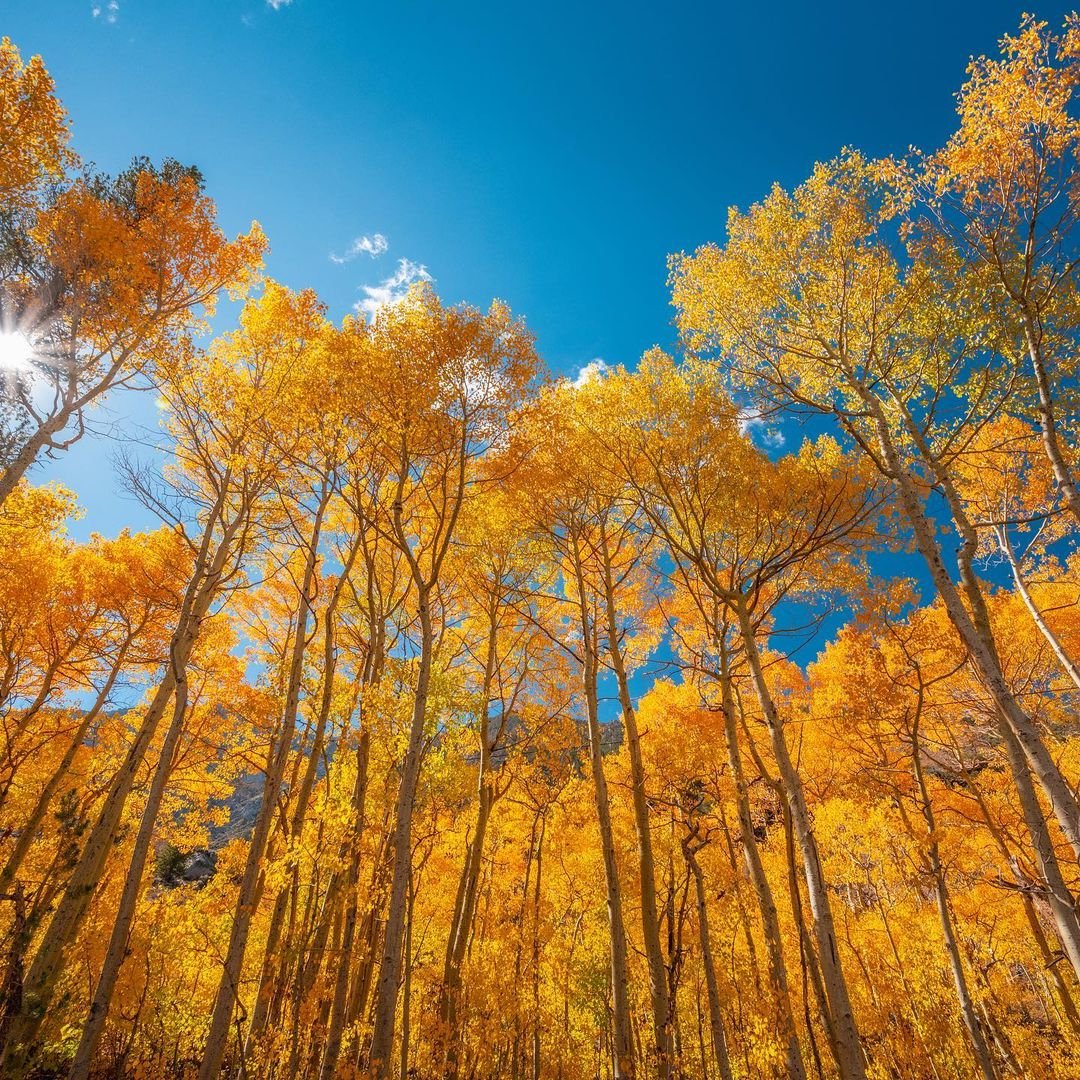
Here’s the information for Aspen:
| Aspect | Information |
|---|---|
| Botanical Name | Populus tremuloides (Quaking Aspen), Populus tremula (European Aspen) |
| Plant Type | Deciduous Tree |
| Zones | 2-7 (varies by species) |
| Exposure | Full Sun |
| Bloom Time | Spring |
| Height/Spread | Typically 20-50 feet tall, spreading 10-30 feet wide |
The Aspen is a graceful and slender tree, easily recognizable by its smooth, white bark and quivering leaves. These trees are renowned for their ability to reproduce through a shared root system, creating entire groves of genetically identical trees. Aspens are a vital part of many ecosystems, providing food and shelter for numerous wildlife species.
7. Avocado

Here’s the information for Avocado:
| Aspect | Information |
|---|---|
| Botanical Name | Persea americana |
| Plant Type | Evergreen Tree |
| Zones | 9-11 |
| Exposure | Full Sun |
| Bloom Time | Spring |
| Height/Spread | Typically 30-40 feet tall, spreading 20-30 feet wide |
The Avocado tree is a tropical gem, beloved for its creamy, nutrient-rich fruit. Beyond its culinary delights, the Avocado tree boasts a unique appearance with its glossy, evergreen leaves and distinctive pear-shaped fruits. These trees thrive in warm climates and have become a staple in many gardens and orchards worldwide.
8. Aleppo Pine
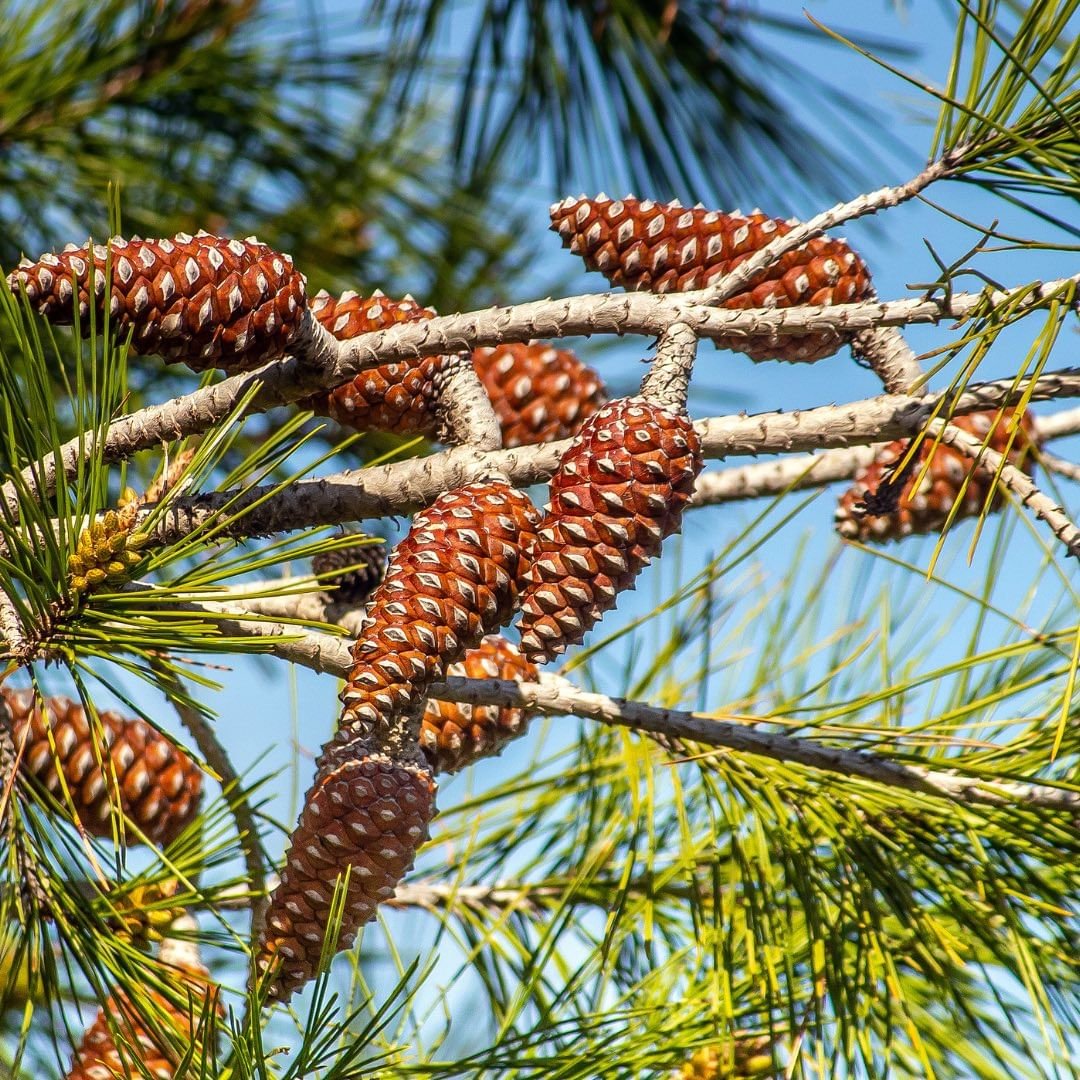
Here’s the information for Aleppo Pine:
| Aspect | Information |
|---|---|
| Botanical Name | Pinus halepensis |
| Plant Type | Evergreen Tree |
| Zones | 8-10 |
| Exposure | Full Sun |
| Bloom Time | Spring |
| Height/Spread | Typically 30-60 feet tall, spreading 20-40 feet wide |
The Aleppo Pine is a hardy and drought-resistant tree native to the Mediterranean region. Its distinctive reddish-brown bark and slender, twisted needles make it a striking addition to any landscape. This resilient tree can withstand harsh conditions, making it a popular choice for arid and coastal areas.
9. American Arborvitae
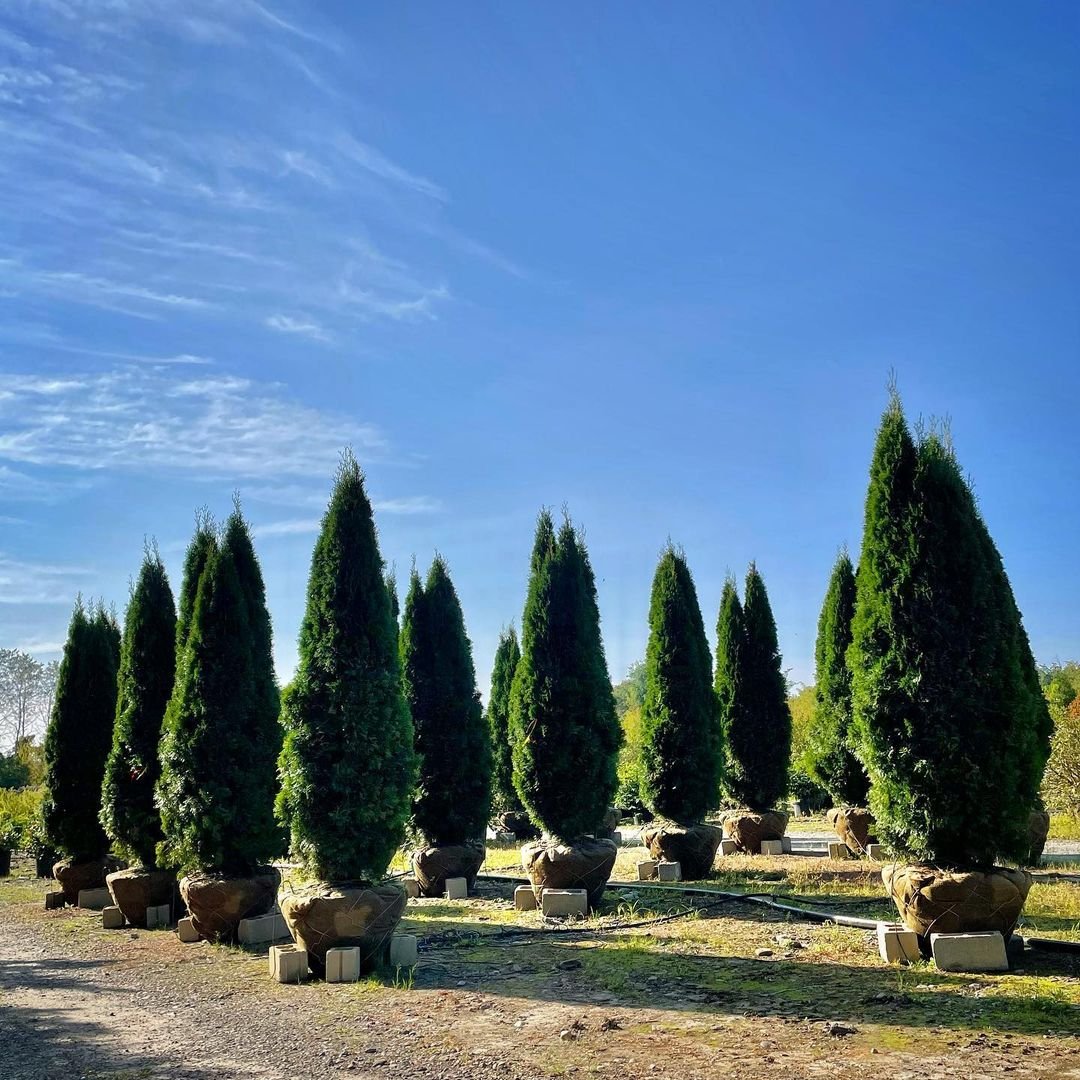
Here’s the information for American Arborvitae:
| Aspect | Information |
|---|---|
| Botanical Name | Thuja occidentalis |
| Plant Type | Evergreen Tree |
| Zones | 2-7 |
| Exposure | Full Sun to Partial Shade |
| Bloom Time | Spring |
| Height/Spread | Typically 20-40 feet tall, spreading 10-15 feet wide (varies by variety) |
Also known as the White Cedar, the American Arborvitae is a versatile evergreen tree valued for its dense foliage and ability to create natural privacy screens. These trees are widely used in landscaping and are also an important source of timber for construction and fence posts.
10. American Beech
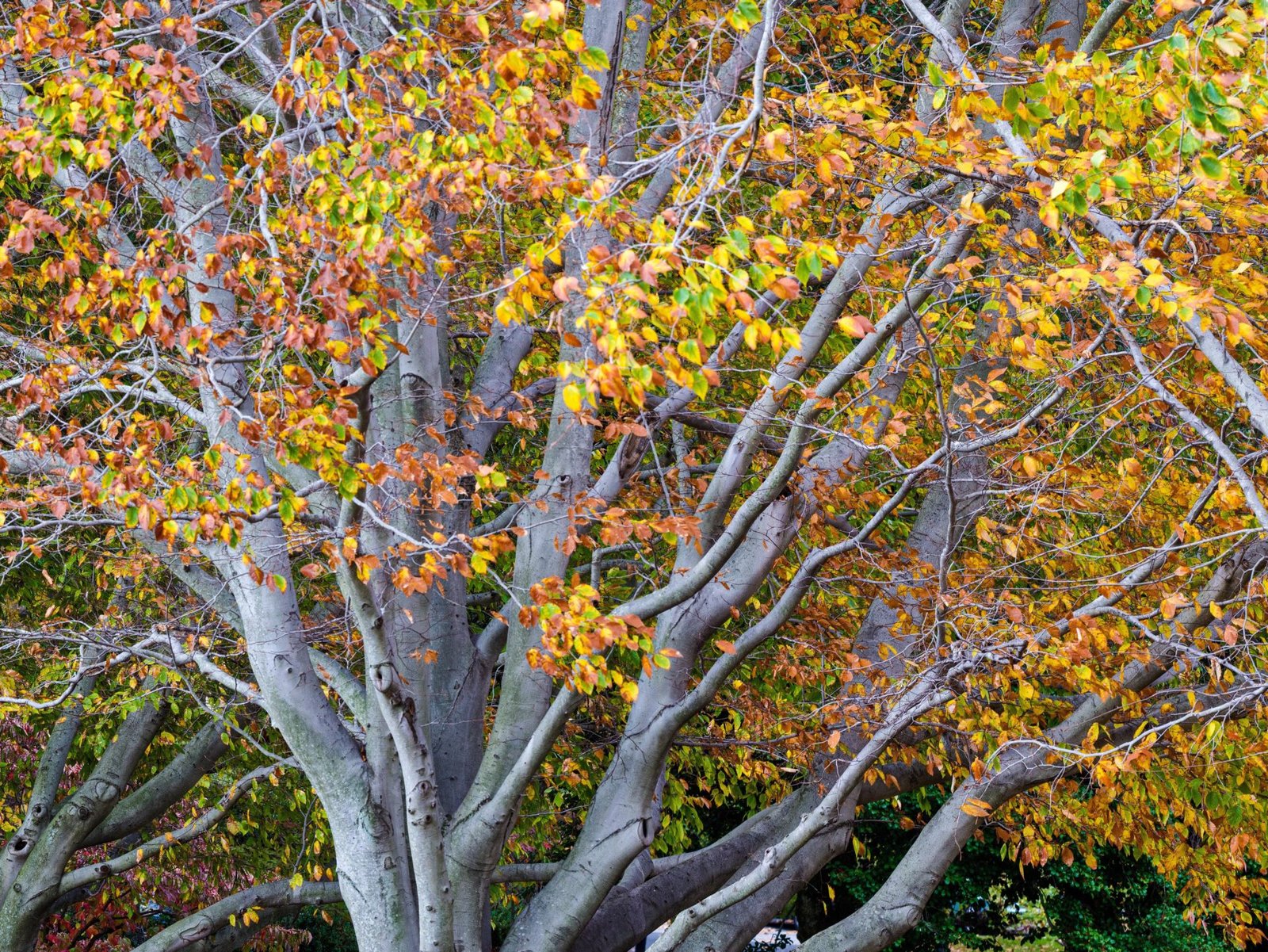
Here’s the information for American Beech:
| Aspect | Information |
|---|---|
| Botanical Name | Fagus grandifolia |
| Plant Type | Deciduous Tree |
| Zones | 3-9 |
| Exposure | Full Sun to Partial Shade |
| Bloom Time | Spring |
| Height/Spread | Typically 50-70 feet tall, spreading 40-60 feet wide |
The American Beech is a majestic hardwood tree known for its smooth, gray bark and broad, spreading canopy. Its distinctive foliage turns a beautiful golden hue in autumn, making it a stunning addition to any landscape. The wood of the American Beech is also highly sought after for various purposes, including furniture, flooring, and woodenware.
11. American Elm
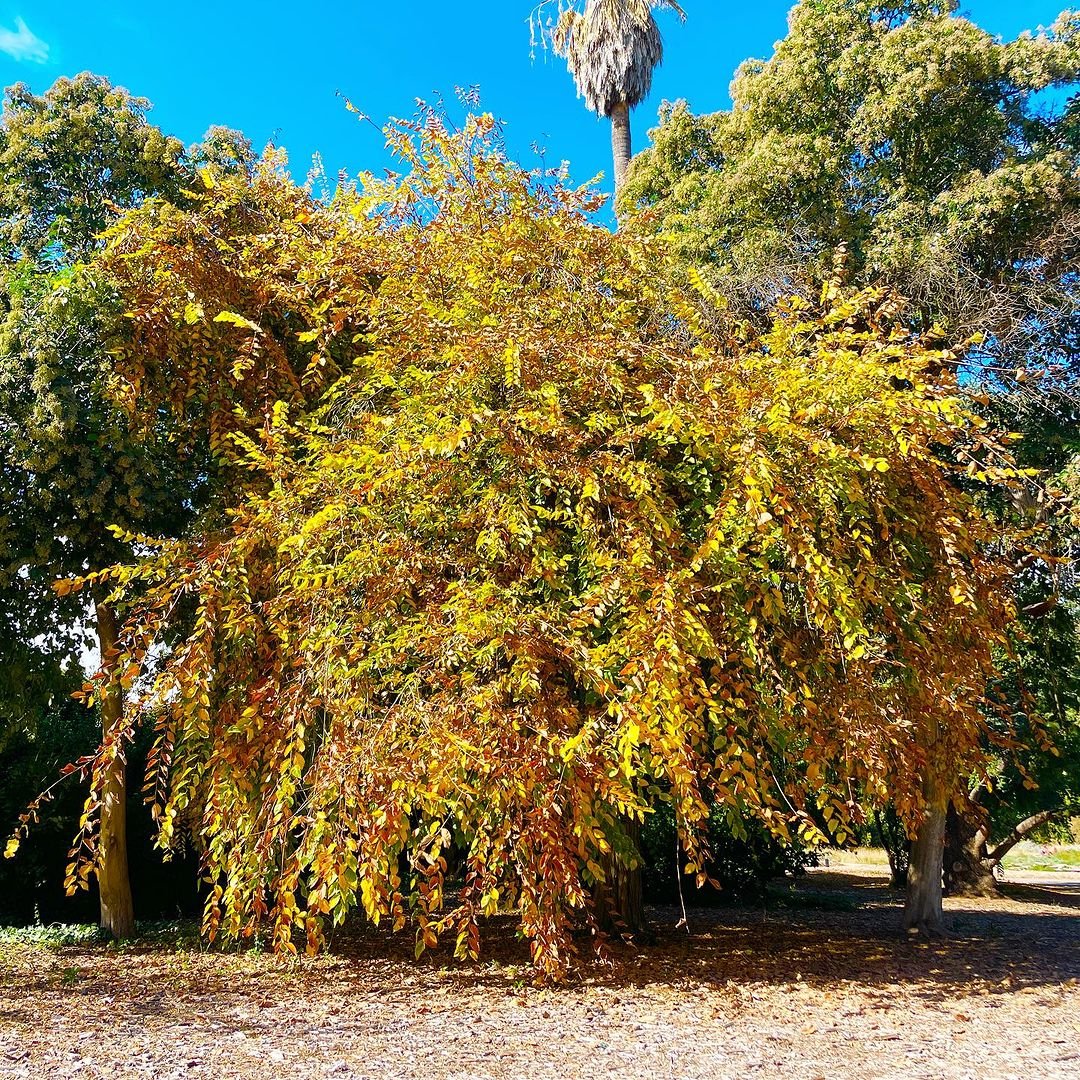
Here’s the detailed information for the American Elm:
| Aspect | Information |
|---|---|
| Botanical Name | Ulmus americana |
| Plant Type | Deciduous Tree |
| Zones | 3-9 |
| Exposure | Full Sun to Partial Shade |
| Bloom Time | Spring |
| Height/Spread | Typically 60-80 feet tall, spreading 40-60 feet wide |
The American Elm was once a iconic tree lining the streets of many cities and towns across the United States. Known for its graceful arching branches and vase-shaped silhouette, this tree has faced challenges from Dutch elm disease but remains an important part of urban landscapes where it has been successfully reintroduced.
12. American Hornbeam
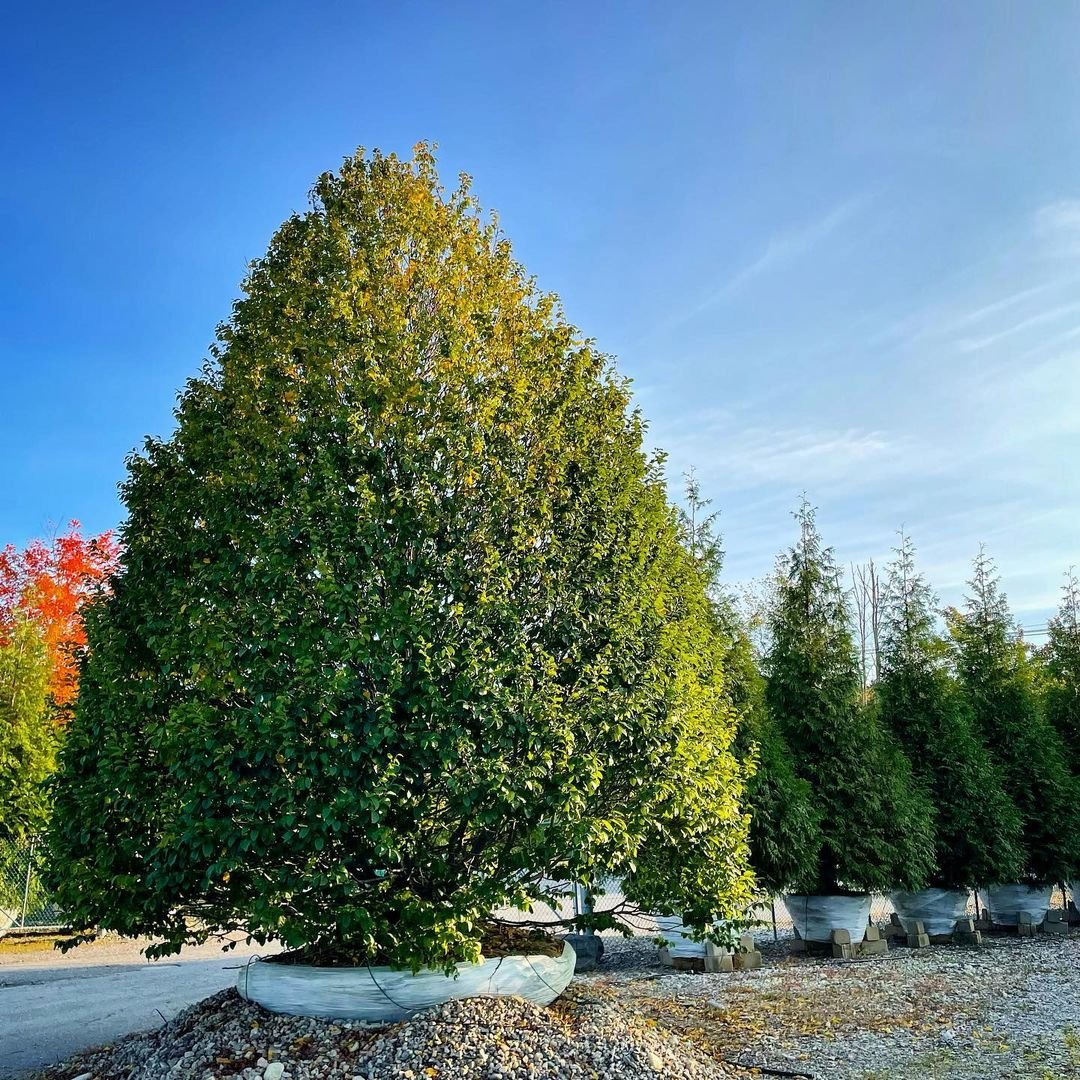
Here’s the detailed information for the American Hornbeam:
| Aspect | Information |
|---|---|
| Botanical Name | Carpinus caroliniana |
| Plant Type | Deciduous Tree |
| Zones | 3-9 |
| Exposure | Full Sun to Full Shade |
| Bloom Time | Spring |
| Height/Spread | Typically 20-40 feet tall, spreading 20-30 feet wide |
Also known as the Musclewood or Ironwood, the American Hornbeam is a small, understory tree with a distinctive smooth, gray bark and a dense, muscular appearance. Its wood is exceptionally hard and durable, making it popular for tool handles and other applications where strength is required.
13. American Linden
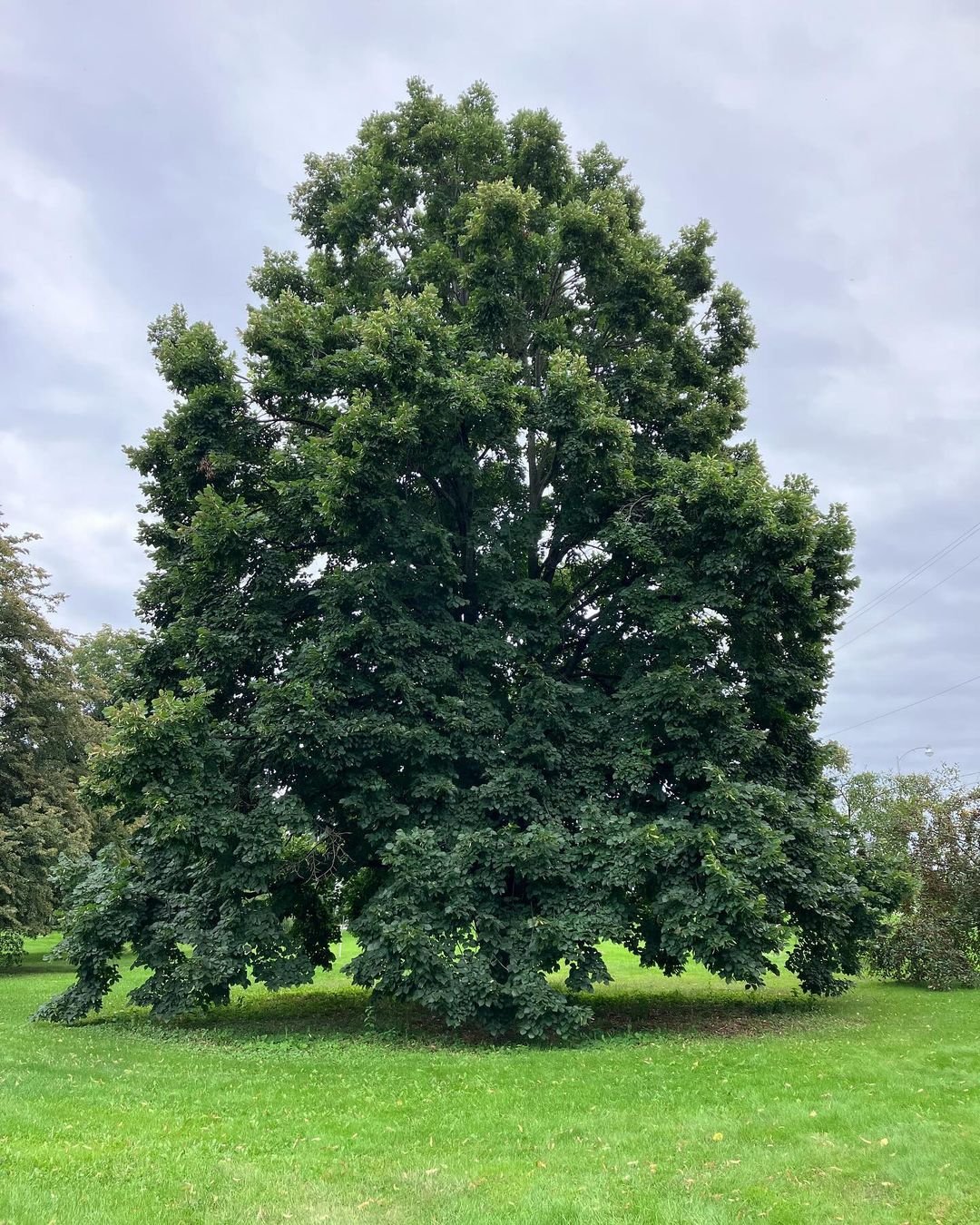
Here’s the detailed information for the American Linden:
| Aspect | Information |
|---|---|
| Botanical Name | Tilia americana |
| Plant Type | Deciduous Tree |
| Zones | 3-8 |
| Exposure | Full Sun to Partial Shade |
| Bloom Time | Summer |
| Height/Spread | Typically 60-80 feet tall, spreading 30-50 feet wide |
The American Linden, or Basswood, is a lovely shade tree with heart-shaped leaves and fragrant, yellowish-white flowers that attract bees and other pollinators. Its soft, lightweight wood has been used for various purposes, including carving, furniture, and even making honey boxes for beekeepers.
14. American Sweetgum
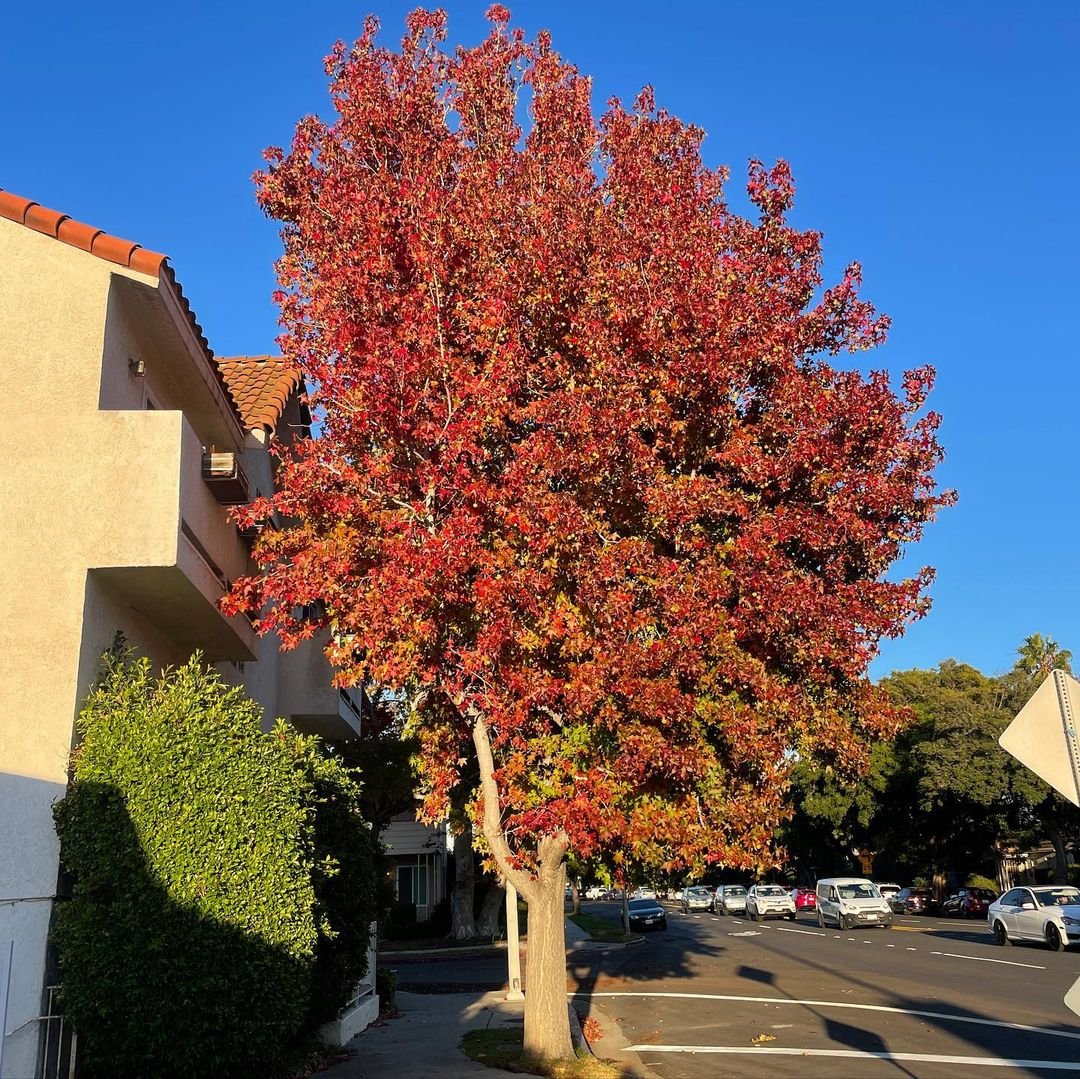
Here’s detailed information about the American Sweetgum:
| Aspect | Information |
|---|---|
| Botanical Name | Liquidambar styraciflua |
| Plant Type | Deciduous Tree |
| Zones | 5-9 |
| Exposure | Full Sun to Partial Shade |
| Bloom Time | Spring |
| Height/Spread | Typically 60-75 feet tall, spreading 40-50 feet wide |
The American Sweetgum is a striking tree with its distinctive star-shaped leaves and spiky, spherical fruit clusters. Its brilliant fall foliage displays a range of colors, from deep reds to vibrant purples. Despite its ornamental appeal, the Sweetgum is also valued for its sturdy wood, which is used in various applications, including furniture and interior finishes.
15. American Sycamore
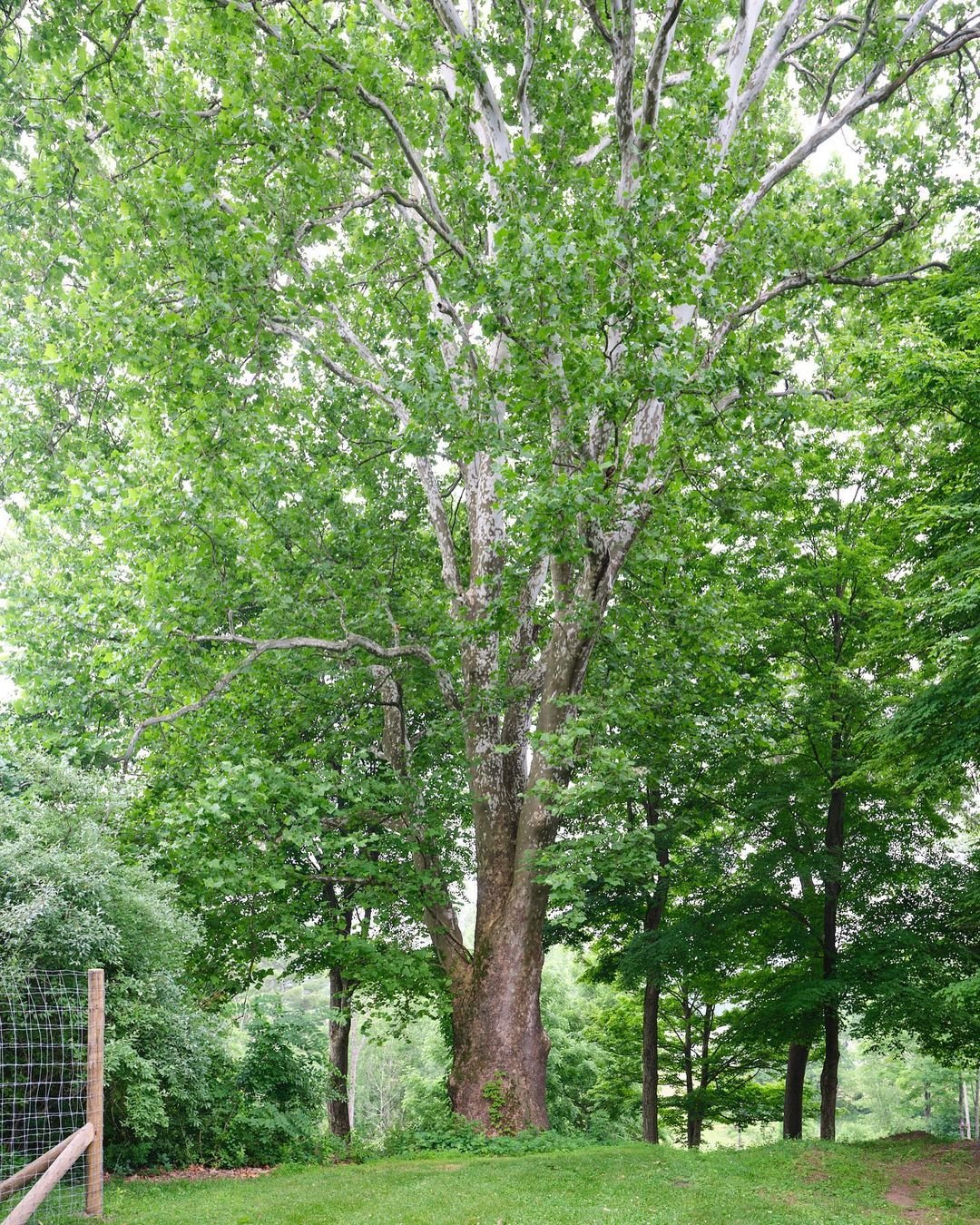
Here’s detailed information about the American Sycamore:
| Aspect | Information |
|---|---|
| Botanical Name | Platanus occidentalis |
| Plant Type | Deciduous Tree |
| Zones | 4-9 |
| Exposure | Full Sun to Partial Shade |
| Bloom Time | Spring |
| Height/Spread | Typically 75-100 feet tall, spreading 50-70 feet wide |
The American Sycamore is a massive and impressive tree, easily recognizable by its distinctive peeling bark and massive, spreading branches. These trees are often found along streams and rivers, where they provide valuable shade and habitat for wildlife. The wood of the Sycamore is also prized for its use in various applications, including furniture, butcher’s blocks, and interior finishes.
16. Amur Maple
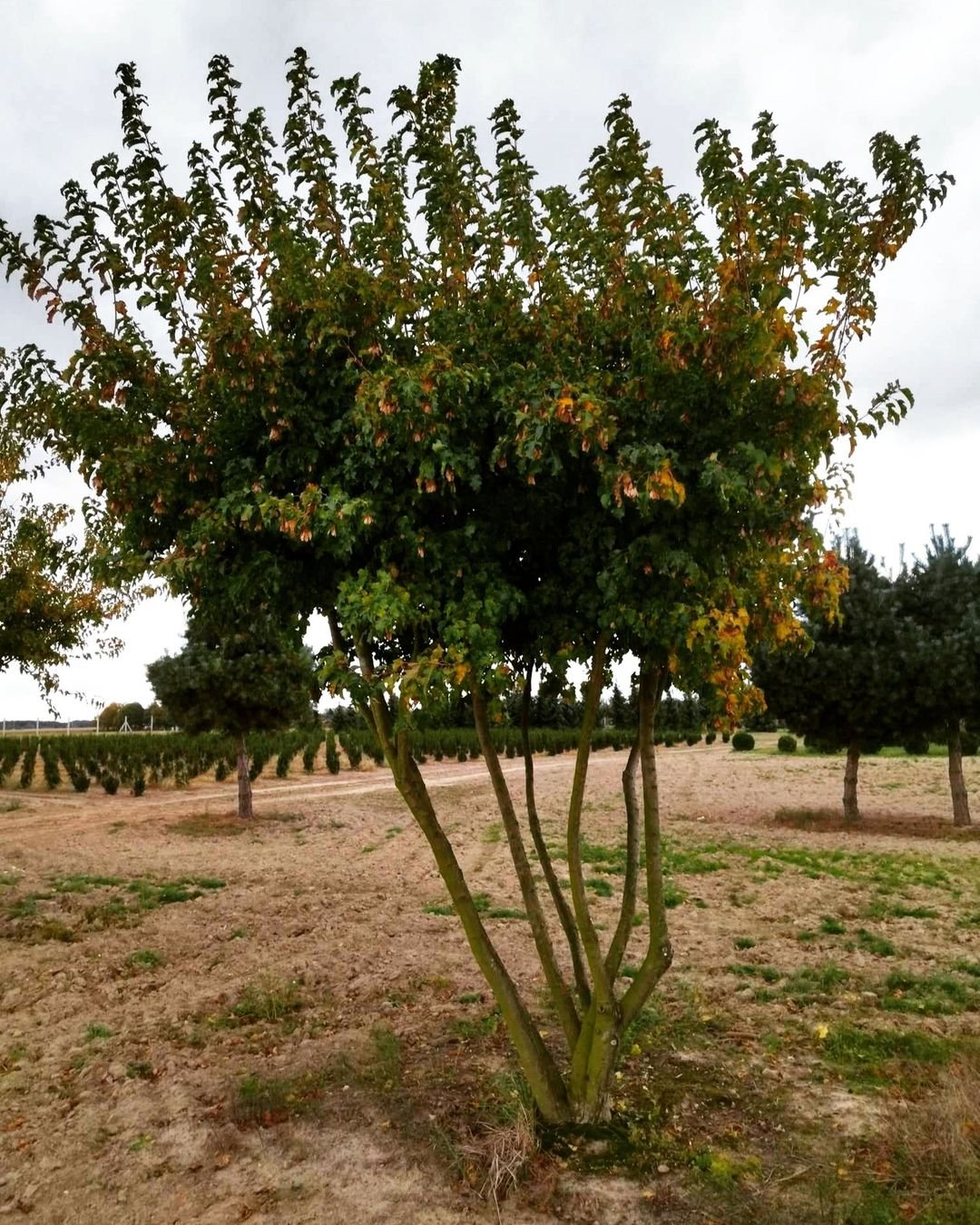
Here’s detailed information about the Amur Maple:
| Aspect | Information |
|---|---|
| Botanical Name | Acer ginnala |
| Plant Type | Deciduous Tree |
| Zones | 3-8 |
| Exposure | Full Sun to Partial Shade |
| Bloom Time | Spring |
| Height/Spread | Typically 15-20 feet tall, spreading 15-25 feet wide |
The Amur Maple is a small, elegant tree with a graceful, rounded shape and brilliant fall foliage. Its distinctive winged fruits, called samaras, are a delight to observe as they spin and twirl in the breeze. This hardy tree is well-suited for urban environments and is often used as a street tree or in residential landscapes.
17. Anjan Tree
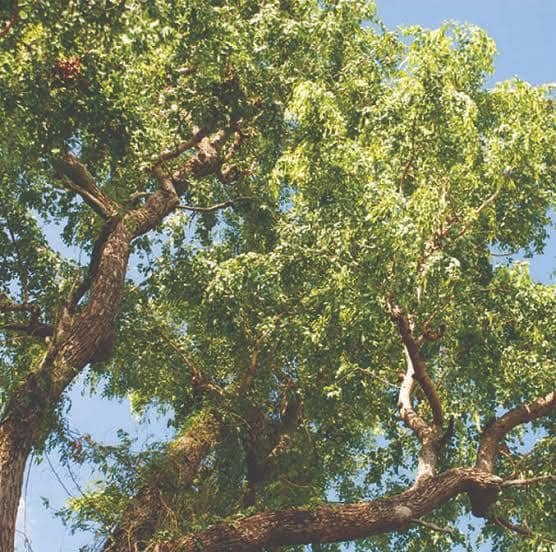
Here’s a short chart for the Anjan Tree (Hardwickia binata):
| Aspect | Information |
|---|---|
| Botanical Name | Hardwickia binata |
| Plant Type | Deciduous Tree |
| Zones | 10-12 |
| Exposure | Full Sun |
| Bloom Time | Spring to Summer |
| Height/Spread | Up to 60-80 feet tall and wide |
Originating from the Indian subcontinent, the Anjan Tree is a versatile and valuable species. Its deep-rooted bark has been traditionally used for dyeing and tanning, while its wood is highly prized for making furniture and agricultural tools. The Anjan Tree is also revered in Hindu mythology and is considered sacred in many parts of India.
From the mighty Acacia to the versatile Ash, the trees that start with the letter ‘A’ showcase the incredible diversity and beauty of the natural world. Each tree has its own unique characteristics, uses, and cultural significance, reminding us of the vital role these woody giants play in our lives. Whether you’re a nature enthusiast, a gardener, or simply someone who appreciates the wonders of the natural world, exploring these 17 amazing trees is sure to leave you in awe and appreciation for the remarkable kingdom of plants.
Pingback: How to Grow and Care for Forest Pansy Redbud Trees -
Pingback: 16 Types of Yellow Mushrooms (with Pictures)
Pingback: Trees That Start with ‘I’: Discover Beautiful Nature
Pingback: Amazing Trees that start with ‘M’ - Gardener's School
Pingback: Beautiful Trees That Start With ‘R’ - Gardener's School
Pingback: 15 British Garden Birds You Can Find in Your Garden - Gardener's School